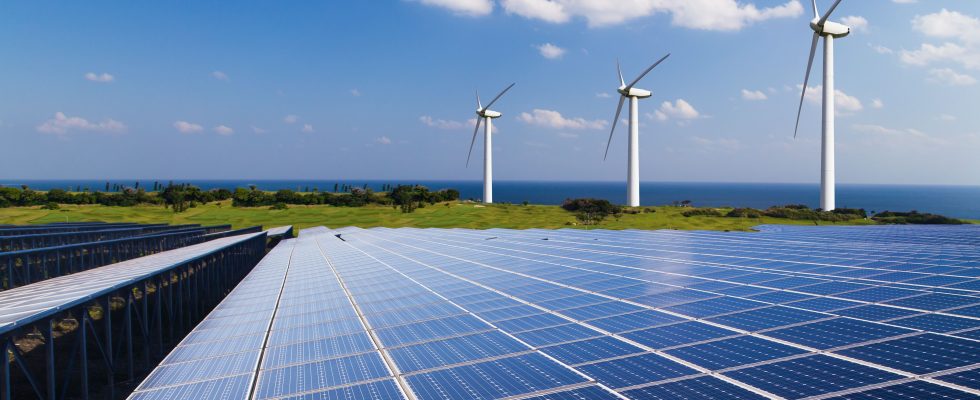A problem = we must restore the wealth tax (ISF). This is the simplistic equation that sums up the answer to many of our economic debates. No one can therefore be surprised by this “green ISF” proposal, tabled by economist Jean Pisani-Ferry and general finance inspector Selma Mahfouz in a report entrusted to them by the Prime Minister on “The economic impact of action for the climate. The President of the Republic and the Minister of the Economy threw this idea into oblivion forty-five seconds after the publication of the report, which was otherwise very detailed and instructive. They were perfectly right. ‘ISF, be it green or multicolored, would risk interrupting the fragile dynamics of reindustrialization of our country.
A “business friendly” France, it was not won
Seen from abroad, France has become business-friendly. Frankly, it was not won. At the start of François Hollande’s five-year term, when the socialist president wanted to tax the highest incomes at 75%, Europeans and Americans widened their eyes at the illogicality of this measure: despoiling those who succeed cannot constitute a policy conducive to national success. But, after the publication in November 2012 of the Gallois report on the necessary restoration of French industrial competitiveness, the country’s image began to improve.
The introduction of the tax credit for competitiveness and employment (CICE), since transformed into a reduction in charges, followed by the Labor Law then, after the election of Emmanuel Macron, Pénicaud orders, continued to normalize the functioning of our economy. As everyone remembers, Emmanuel Macron also wanted to lower capital taxation and abolish the financial part of the ISF as soon as he was elected in 2017, under fire from critics.
In fact, apart from this fantastic 75% income tax, Nicolas Sarkozy, François Hollande and Emmanuel Macron have each laid stones that have reinforced the attractiveness of our country. And it paid off! According to the annual EY barometer, France remained in 2022 the country which receives the most foreign investment projects in Europe, ahead of Germany and the United Kingdom. These projects are unfortunately small because the French normative and bureaucratic complexity and the systematism of legal remedies make it too uncertain for foreigners to consider large-scale projects, unless they benefit from explicit support from the State. Among the determinants of this attractiveness, there is France’s fiscal coherence: reduction in corporate tax, reduction in production taxes, return of capital taxation to the average of OECD countries, obstinate refusal of the president to restore the ISF despite the insistent injunctions of the camp of social resentment and even of a part of the right whose specificity, in France, is to often prefer socialism to liberalism.
Let’s not touch this tax anymore
This attractiveness allows us to believe in a possible reindustrialisation. Nothing is settled, so let’s not spoil everything because this balance is fragile. Reindustrialization requires a constant policy over time. That the left considers that all the problems of the universe can be solved by the restoration of the ISF is one thing. That serious economists fall into this intellectual laziness is quite another.
The abolition of the ISF coupled with the single flat-rate levy at 30% has made it possible to make French taxation of capital and heritage more or less normal, neither more nor less. The accumulation of capital is therefore no longer punished unduly. Please, let’s not touch this tax anymore. The French save more than 15% of their income. Let us instead channel these colossal flows towards investments for the future. This is a more original and healthier path for our country than the atavism of the taxation of capital or its accumulation.
* Nicolas Bouzou is an economist and essayist
